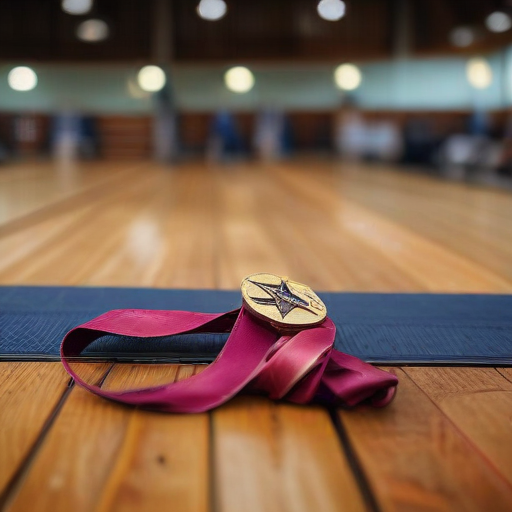Bela Karolyi, the influential gymnastics coach renowned for shaping elite gymnasts and elevating the United States to a powerhouse in the sport, has passed away at the age of 82. USA Gymnastics announced that Karolyi died on Friday, though the cause of his death was not disclosed.
Karolyi, alongside his wife Martha, trained several Olympic gold medalists and world champions, including notable figures like Nadia Comaneci and Mary Lou Retton. Comaneci paid tribute to him on social media, acknowledging his significant impact on her life as she captured gold for Romania at the 1976 Montreal Olympics.
Despite his accolades, Karolyi’s coaching methods were often criticized, particularly during the fallout from the Larry Nassar scandal. Several gymnasts claimed that the culture surrounding the Karolyis enabled Nassar’s abusive behavior, prompting them to retreat from public life. The gymnastics community’s concerns led USA Gymnastics to end their relationship with the Karolyi Ranch, a training facility steeped in history.
Born on September 13, 1942, in Cluj, Hungary, Karolyi early on developed a passion for teaching. He began coaching during college and eventually moved to Romania, where he captured the attention of the gymnast community by producing young talent. After defecting to the U.S. in 1981, the Karolyis quickly established a prominent gym in Houston and began training numerous champions.
Throughout his storied career, Karolyi introduced a new standard for American gymnastics, resulting in unprecedented success, including gold medals for American women at recent Olympic Games. His students often defended him, illustrating the complex and multifaceted dynamics between coach and athlete.
Karolyi’s legacy is a blend of groundbreaking achievement and contentious critique, revealing the complicated nature of competitive sports. In retirement, he remained influential, though recognition of his coaching philosophy evolved, with some advocating for more compassionate approaches in training.
As the gymnastics world reflects on Karolyi’s contributions, his story serves as a reminder of the balance between strict coaching and athlete well-being, positioning future generations in a context shaped by both his triumphs and critiques. His influence can be seen in the ongoing evolution of gymnastics culture, which strives to honor the spirit of excellence while ensuring the safety and mental health of athletes, ultimately paving the way for a brighter future in the sport.
